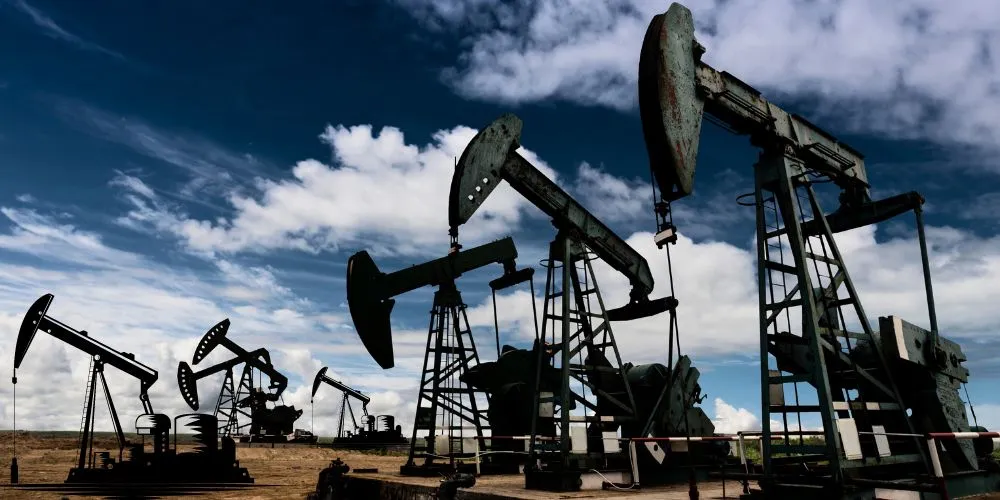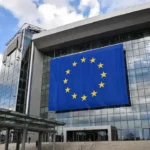Key Points
- Oil prices jumped to their highest point since January. The spike was triggered by President Trump’s announcement that the U.S. had joined Israel.
- The market is concerned that Iran will retaliate by closing the Strait of Hormuz, a crucial oil shipping route.
- The U.S. joining the conflict marks a significant escalation, increasing the risk of a broader regional war.
- Analysts are now warning that oil prices could realistically rise to $100 a barrel if the conflict escalates.
Oil prices shot up on Monday, hitting their highest level since January, after the United States joined Israel in attacking Iran’s nuclear facilities over the weekend. The news immediately sparked major concerns about global oil supplies.
Brent crude, the international benchmark, jumped by nearly 2%, with prices briefly touching a five-month high. The surge came after President Donald Trump announced that he had “obliterated” Iran’s main nuclear sites. This move marks a dramatic escalation of the conflict in the Middle East, with Iran vowing to defend itself.
The biggest fear for the market now is that Iran could retaliate by closing the Strait of Hormuz, a critical waterway through which approximately one-fifth of the world’s oil supply passes. Iran’s state media reported that its parliament had already approved a measure to close the strait, a threat they have made before but never carried out.
Analysts warned that the risk of damage to oil infrastructure in the region has “multiplied.” Some are predicting that oil prices could now spiral towards $100 or even $120 a barrel if the situation gets worse. Investment bank Goldman Sachs said that if oil flow through the strait were cut in half for just a month, prices could briefly peak at $110 a barrel.
While there are some alternative pipelines, a closure of the strait would be a massive blow to the global economy. It would also be a double-edged sword for Iran, as the country relies on the strait to export its oil. As tensions rise, countries like Japan and South Korea are calling for de-escalation.





